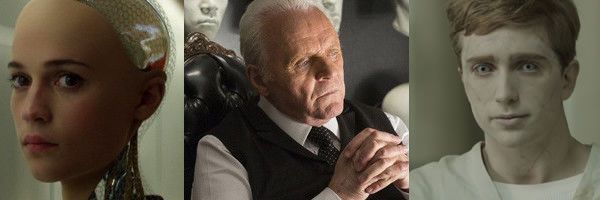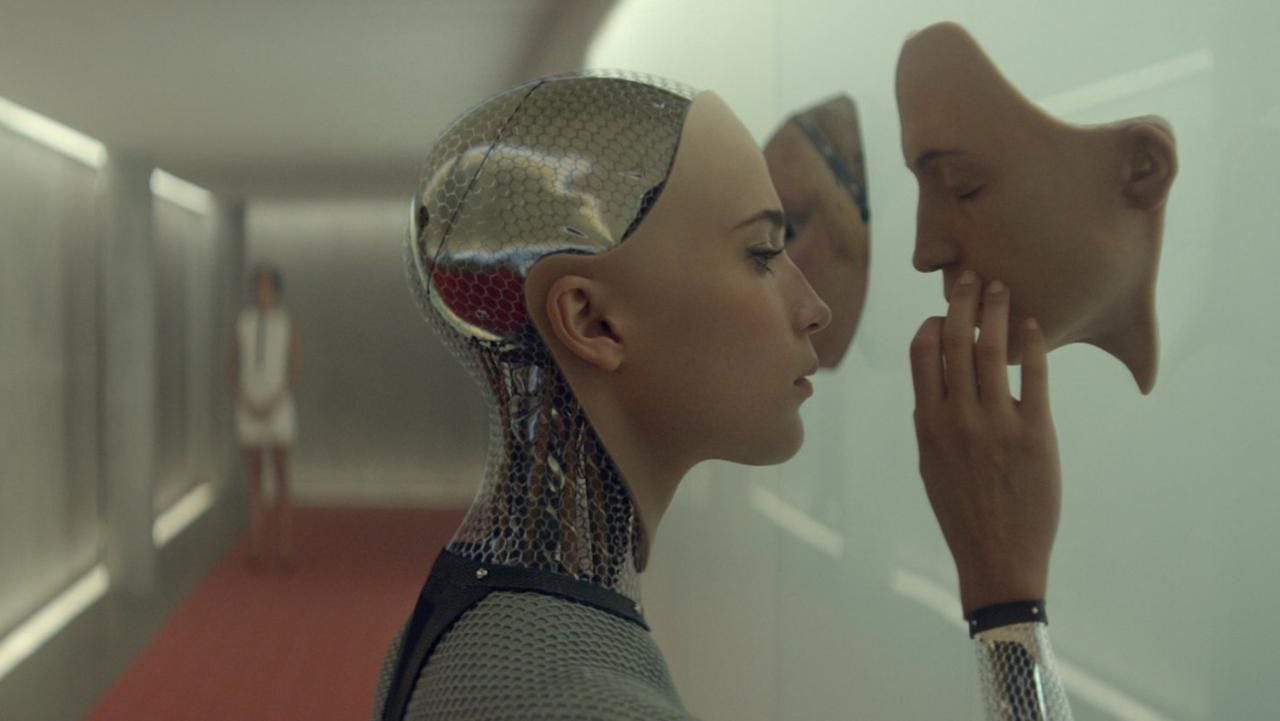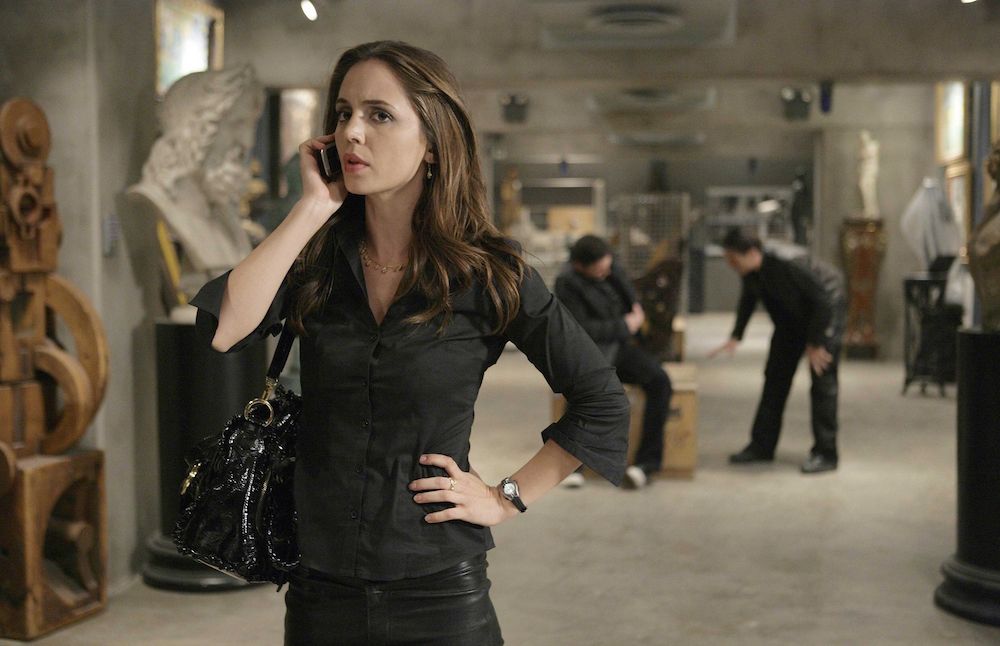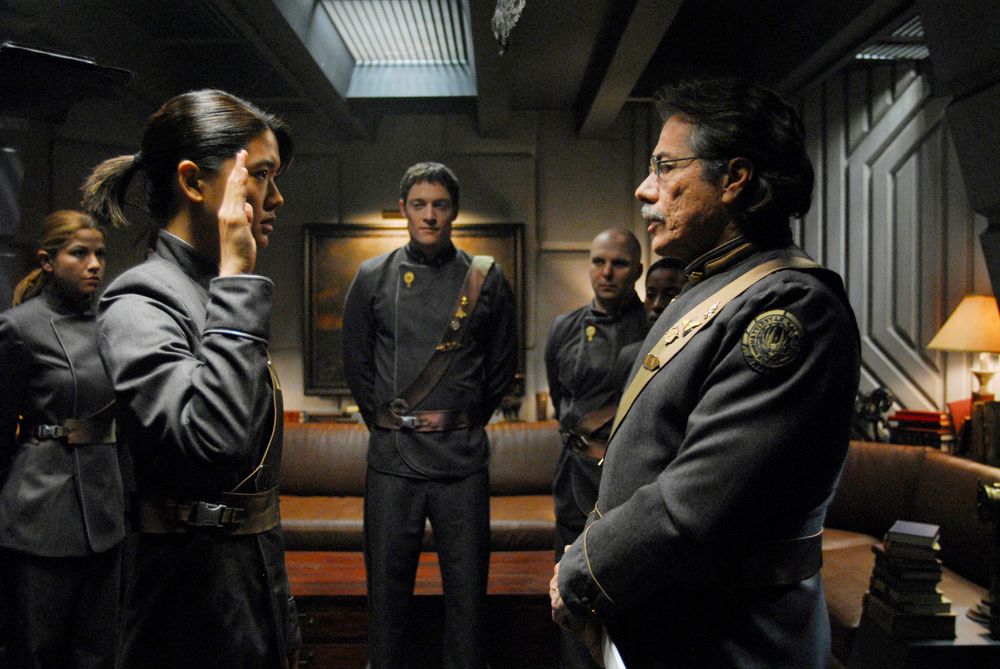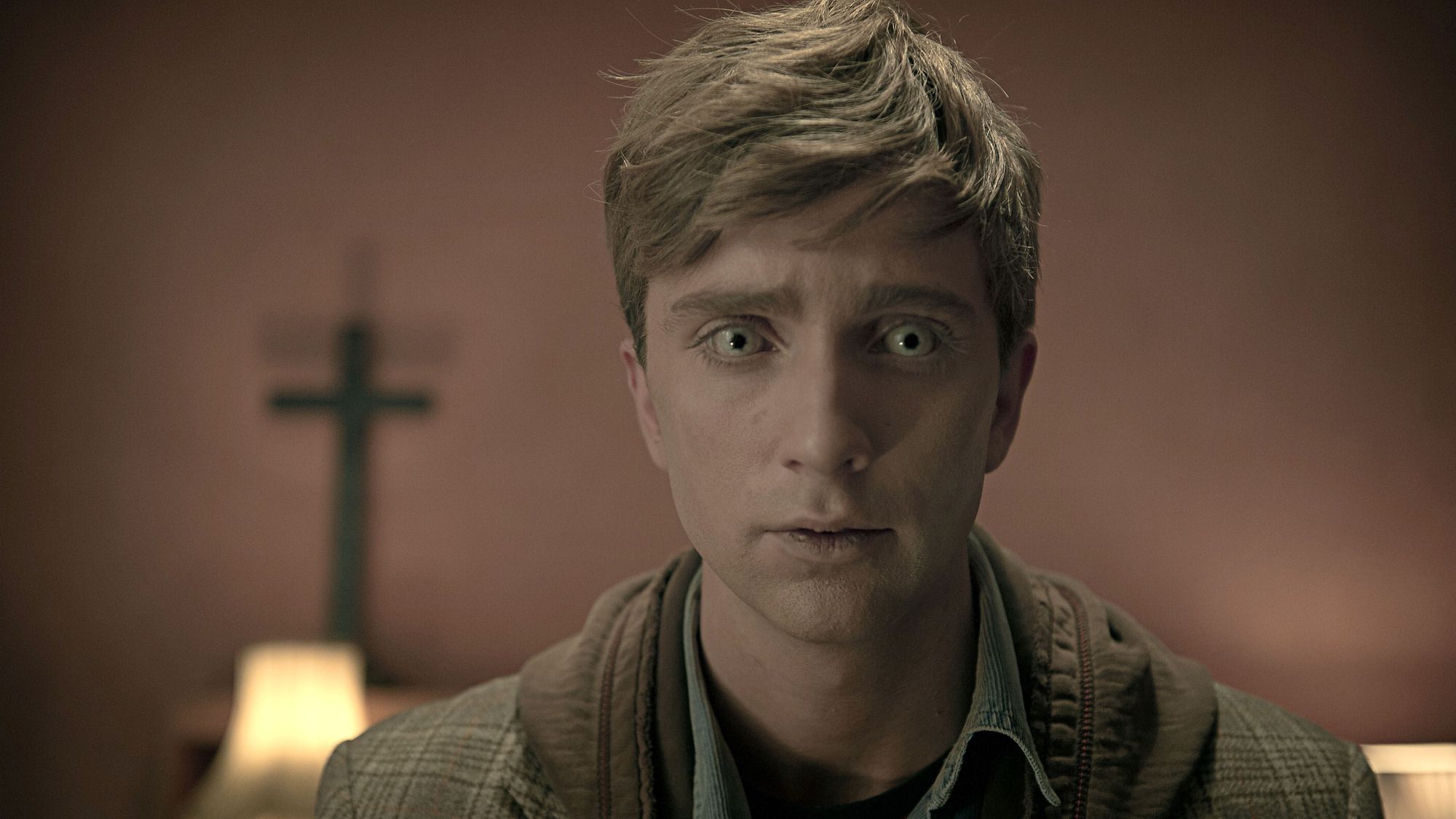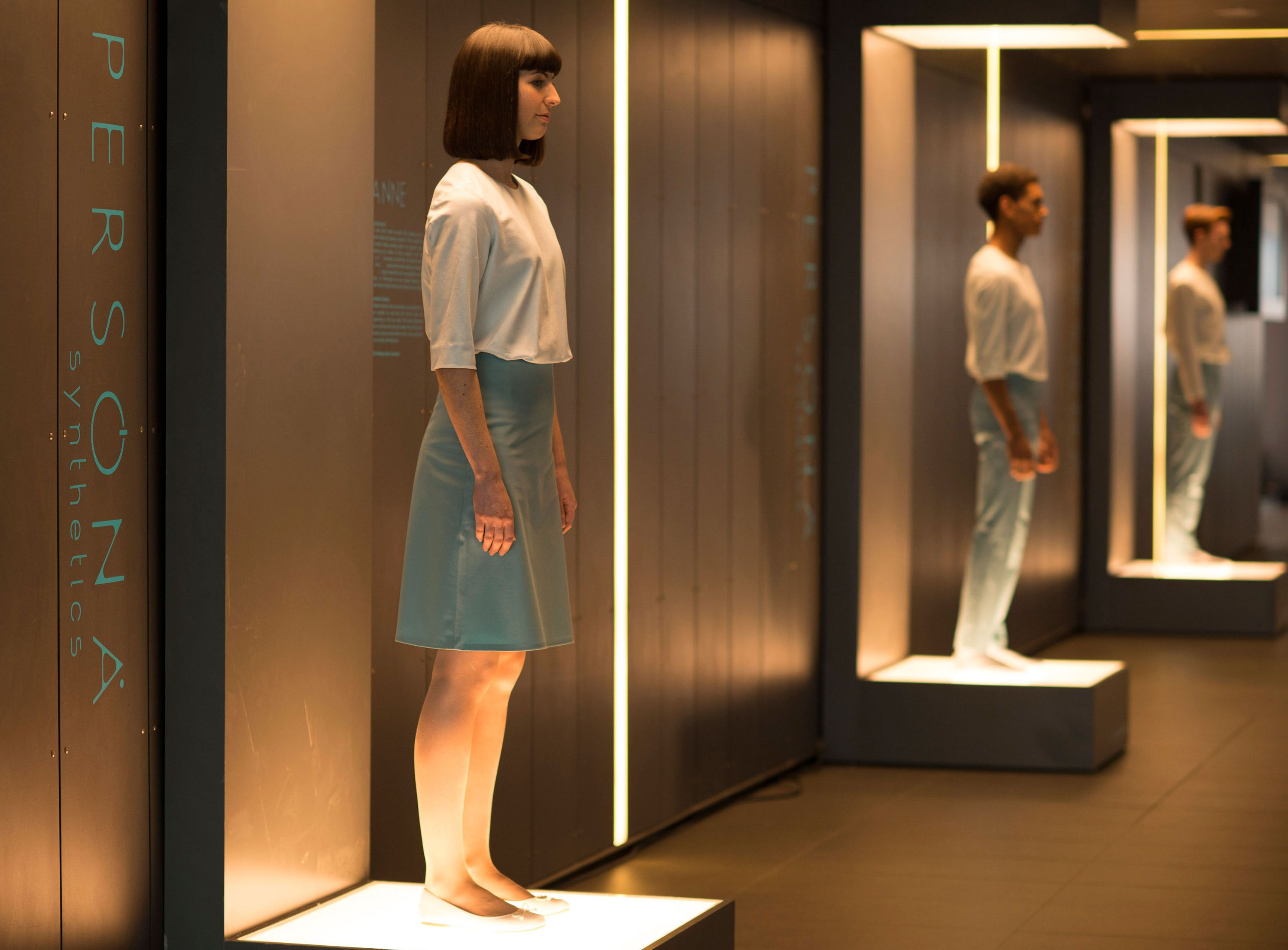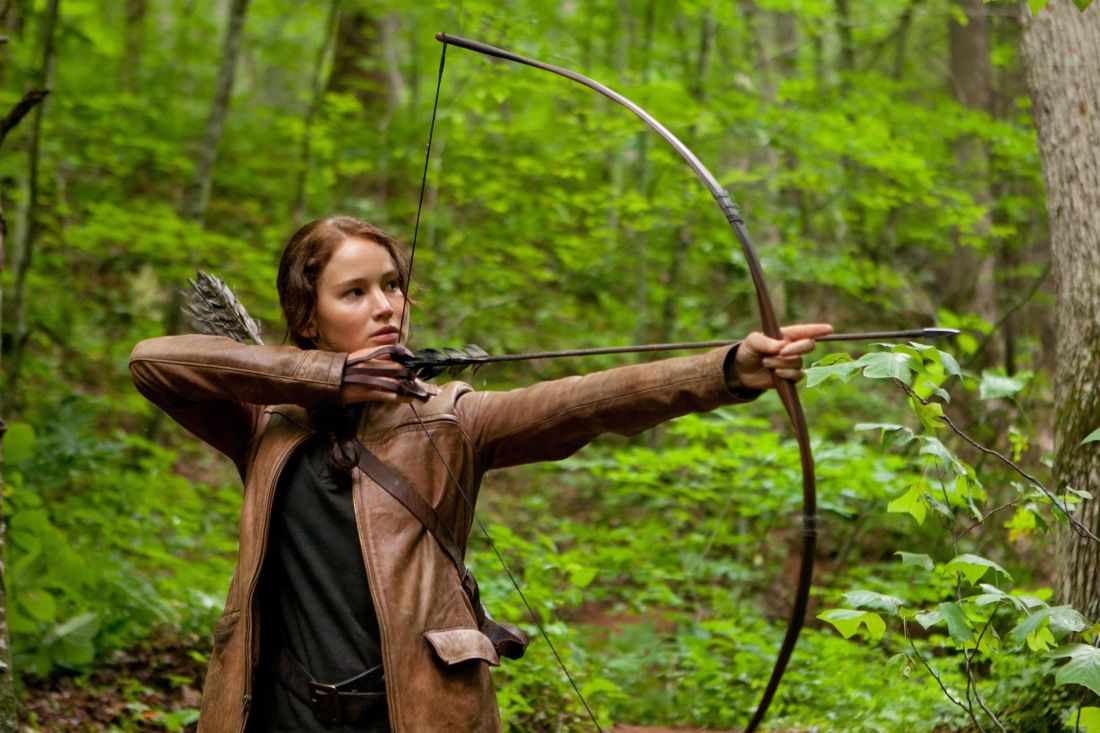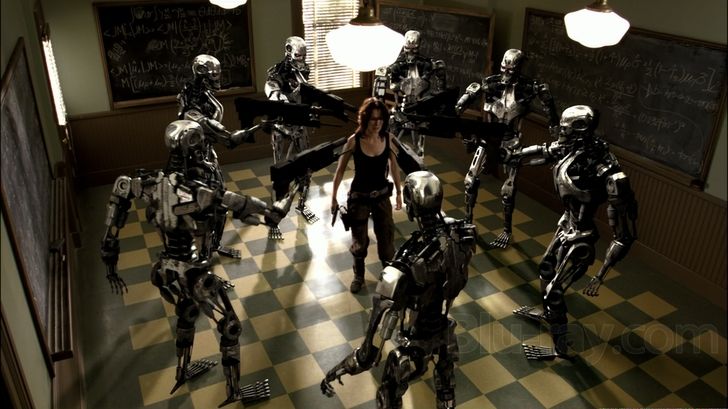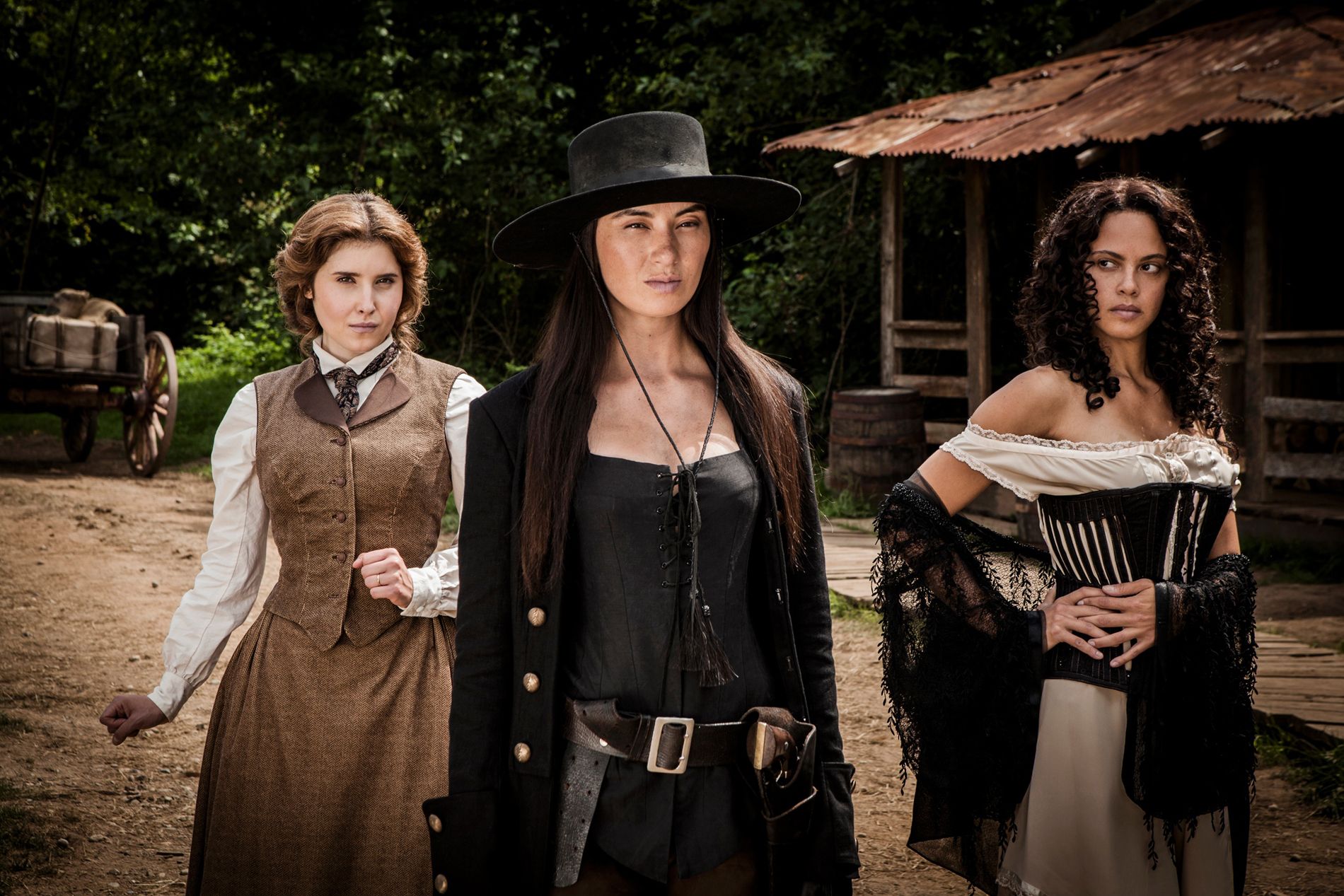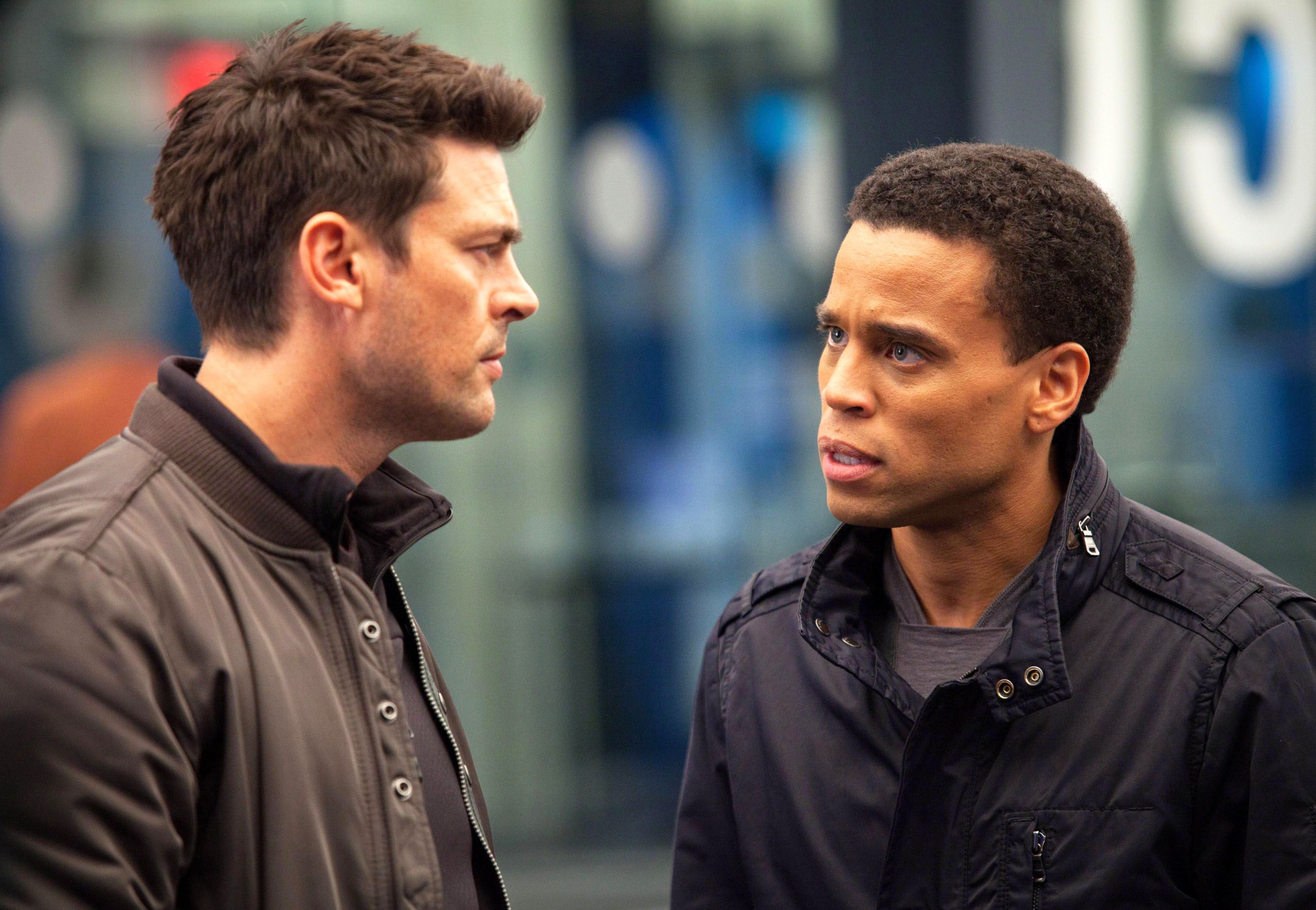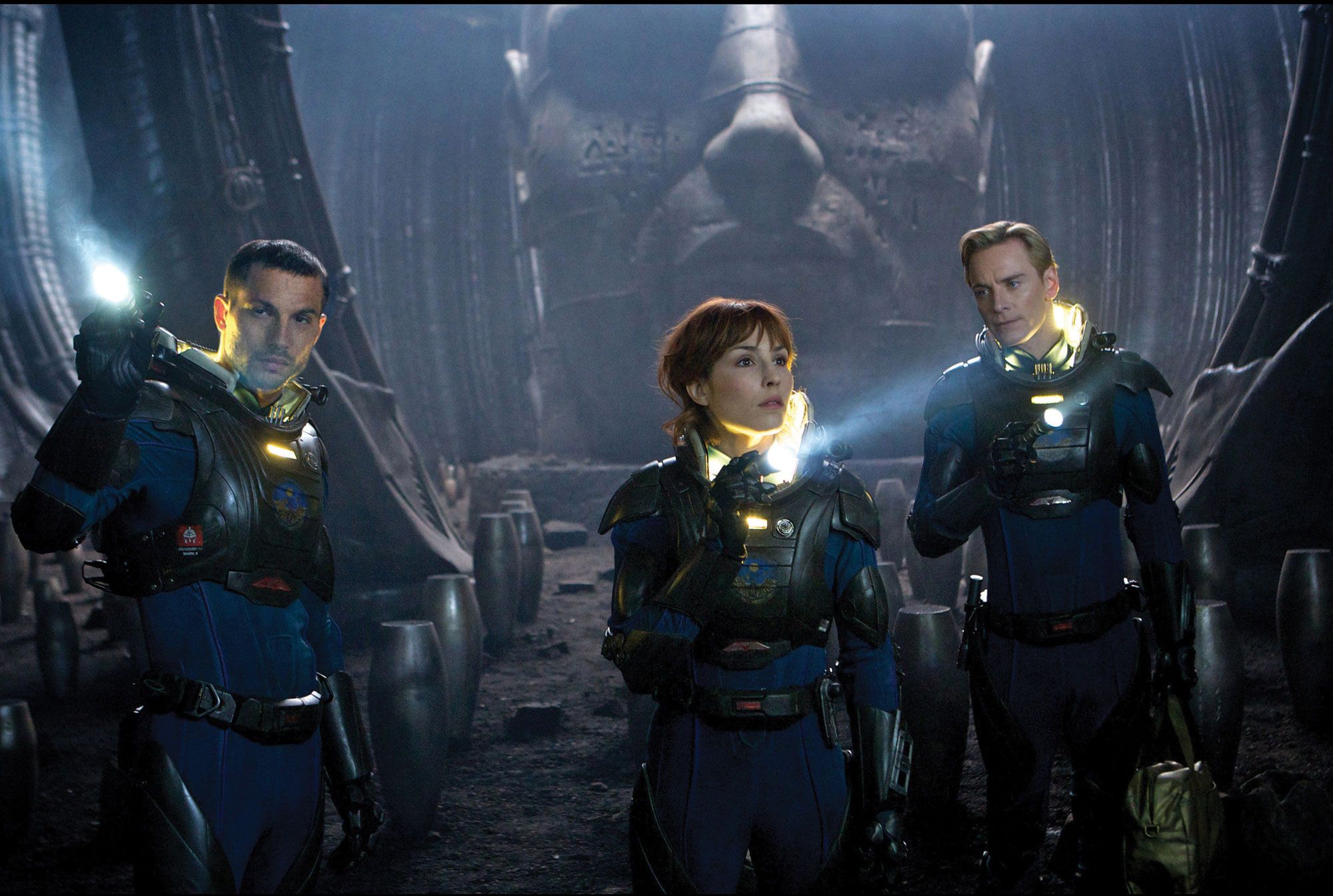Westworld just wrapped up its addicting first season, and we now know that the HBO science fiction western won’t be returning to our screens until 2018. That’s a long time to wait. But in the meantime, let’s talk about some of the many TV shows and movies that share themes and interests with Westworld. If you’re dying to fall back into the discussion of consciousness, artificial intelligence, or simply The Western genre, we recommend you check out one of these stories:
Ex Machina
Starring Domnhall Gleeson, Alicia Vikander, Oscar Isaacs, and Sonoya Mizuno, Ex Machina tells the story of Caleb, a man who wins the chance to spend the weekend with tech billionaire Nathan. As the trip commences, Nathan explains the true purpose of Caleb’s visit: Nathan has built a Turing-tested android and he wants Caleb to decide if she is human.
Westworld shares much in common with this 2015 science fiction thriller. Both stories take questions of artificial consciousness and play them out to their horrifying end, with questions of what culpability humanity would have in enslaving true artificial intelligence. Ex Machina gets to the point much faster than Westworld does, so if you’re trying to lure your friend into an entire season of Westworld, but they’re hesitant to make the commitment, try baiting them with Ex Machina, which caps at a nice, tidy 108 minutes.
Dollhouse
In my mind, Dollhouse doesn’t get enough credit for its truly terrifying depiction of what could be possible if we let technology develop along purely capitalist principals. The Joss Whedon show stars Eliza Dushku as a “doll,” one of an entire house of people who have signed their bodies and minds over to a corporation who rents them out for exorbitant amounts of money.
Sure, the show gets off to a confused start, but it finds its serialized, ensemble-driven footing by Season 2, and brings viewers on an unpredictably horrifying journey that asks questions that Westworld would like: What part does memory play in who we are? And: Who holds the bystanders and colluders accountable for their part in an abusive system that trades on a murky interpretation of consent?
Battlestar Galactica
The ultimate “Who is secretly a robot?” TV series, Battlestar Galactica is not only a pioneer when it comes to modern explorations of social anxieties around terrorism and technology, but a pioneer when it comes to the current era of the gritty, serialized, and cinematic-minded TV show altogether.
Like Westworld, Battlestar Galactica is interested in questions of what makes someone human — or, more pressingly, what makes people see others as less than human. For better or worse, the Syfy series became more interested in questions of consciousness and spirituality as it progressed, meandering for longer stretches of time in musings about the stories we tell ourselves and each other to construct individual and collective identities. Westworld is a show after Battlestar Galactica’s own broken heart.
In the Flesh
It shouldn’t be surprising that this British zombie drama makes the list. Its creator, Dominic Mitchell, is part of the Westworld writing staff, and it’s not hard to see why. In the Flesh is obsessed with questions of social marginalization, organized revolt, and what makes us human.
Set in the aftermath of a zombie apocalypse, In the Flesh takes place in a Britain where zombie-ism has been “cured,” at least partially, and Partially-Deceased Syndrome sufferers are being integrated back into society. One small town, the fictional, rural Roarton, is not excited at the prospect. Unfortunately, it’s exactly where protagonist (and PDS sufferer) Kieren is returning home to.
Westworld and In the Flesh have different relationships to storytelling structure — I would say that, while Westworld is theme-driven, In the Flesh is character-driven — but they both nail that terrifying tone of claustrophobic social dischord on the rise. If you’ve never watched In the Flesh, you are missing out on a fascinating take on the zombie genre and a Westworld-like exploration of trauma and recovery.
Humans
Based on a Swedish series that is also worth checking out, AMC’s Humans tells the story of a parallel present where androids are integrated into ours homes, workplaces, and social institutions, exposing and causing tensions within Britain’s culture.
Unlike Westworld, Humans is much more interested in sympathizing with characters on both sides of the human-robot divide. On the human side, we have the Hawkins family, a nuclear clan with its share of issues who only just bought their first Synth. From the robot side, we have a family of conscious Synths struggling to gain their freedom.
Humans just wrapped its second season in the U.K., with a Season 2 premiere date set for February in the U.S. on AMC. Now is the perfect time to catch up on the series and dive back into Westworld’s question of the complicated nature of the human-technology relationship.
Hunger Games
If you don’t think Westworld and The Hunger Games have anything in common, then you haven’t been watching/reading the latter closely enough. Though The Hunger Games might not be interested in artificial intelligence, it is interested in pitting “lesser” citizens against each other for the entertainment of the rich and the famous. In both cases, the abuse of this lesser class also serves as a way to keep said class in their place.
In the case of The Hunger Games, the Capital created the games in order to continually punish the other districts for their rebellion as a way to dissuade them from ever trying to rise up again. In the case of Westworld, the programmers erase their actions and abuses so that the hosts never have any reason to rise up, never realize (except on a fundamental, reverie-inspired level) that they are part of a system of intense oppression. Both stories are tales of rebellion and what that rebellion costs.
Terminator: The Sarah Connor Chronicles
You could pretty much watch any Terminator flick if you’re looking for a tale of robot revenge, but, if you’re looking for an in-depth exploration of what the struggle for consciousness looks like from the android’s perspective, then The Sarah Connor Chronicles is your best bet. The science fiction drama starring Lena Headey and Summer Glau may have only lasted for two seasons, but it gave us more android angst in Glau’s Cameron character than all of the Terminator movies combined.
As is with the case of Westworld, The Sarah Connor Chronicles isn’t just about the robot struggle to understand their own maybe-humanity, but also about the human characters’ struggles to understand the robots’ maybe-humanity. In The Sarah Connor Chronicles, Sarah and John had very different perspectives on the inherent potential of android consciousness, giving us a complex interpretation of what makes someone human and what makes someone think someone is less than human.
Strange Empire
This lesser-known Canadian western is available to stream in its entirety on Netflix, which is great news for Westworld fans who kept watching the show for its western elements. Like the HBO drama, Strange Empire wasn’t interested in telling a straight-forward western of yesteryear, but rather a more complex retelling of a period in North American history when white men and women were moving in on indigenous peoples’ land.
Set in 1869, on the Alberta-Montana border, Strange Empire’s focus is on the female characters who are living, fighting, and dying on the frontier. When the men of their village are killed, the three main female characters band together to defend their own and fight injustices. Yeah, it’s basically like a feminist superhero western show. Dolores would fit right in.
Firefly
You’ve probably already seen Firefly, but it’s pretty much always time for a re-watch (especially given the recent passing of Ron Glass). Before Westworld the TV show hit the scene, mixing science fiction and western genres into one, delightfully genre-mashing premise, Firefly was doing it with its tale of life on the space frontier.
Though Firefly never really got around to introducing android characters (there is Mr. Universe’s “love-bot” in Serenity), it did share Westworld’s interest in projecting western themes onto the future. Also, if my theory that Westworld is located off of mainland China is right (it’s either that or another planet, right?), then Firefly and Westworld also share a vision of the future where China has immense cultural power.
Almost Human
Almost Human should have been better than it was. A human-robot buddy cop drama starring Karl Urban and Michael Ealy. What’s not to like? Almost Human could have used some of Westworld’s patience, no doubt, but it was still an entertaining ride about two very different people (one a human, another a robot) trying to work together to save the day, which is a much more optimistic view of the future than Westworld probably ever plans on having. For now, my head canon is that Almost Human is set in the same fictional world as Westworld and is how androids are being used outside of park purposes. Your move, Westworld.
Prometheus
What would you say to your creator if you had a chance to meet them? This is the question at the center of Prometheus and one that I initially thought Westworld was much more interested in exploring. From Ford and Bernard’s Frankenstein/Creature dynamic to Arnold and Dolores’ father/daughter one, the relationship between creator and creation is an ongoing theme in the first season, but not the point of the story in the same way it was for Prometheus. Ultimately, this freed Westworld to answer the question in more subtle, complex ways than the frustrating Prometheus did.
Still, Ridley Scott’s tale of a space voyage to the potential home of our creators, is worth watching. And, even if you’re not a fan of robots, Michael Fassbender’s portrayal of android David is a particular highlight of Prometheus.
What other TV shows and movies do you suggest to fellow fans looking to continue exploring Westworldian themes over the show’s hiatus? Share your picks in the comments below.

